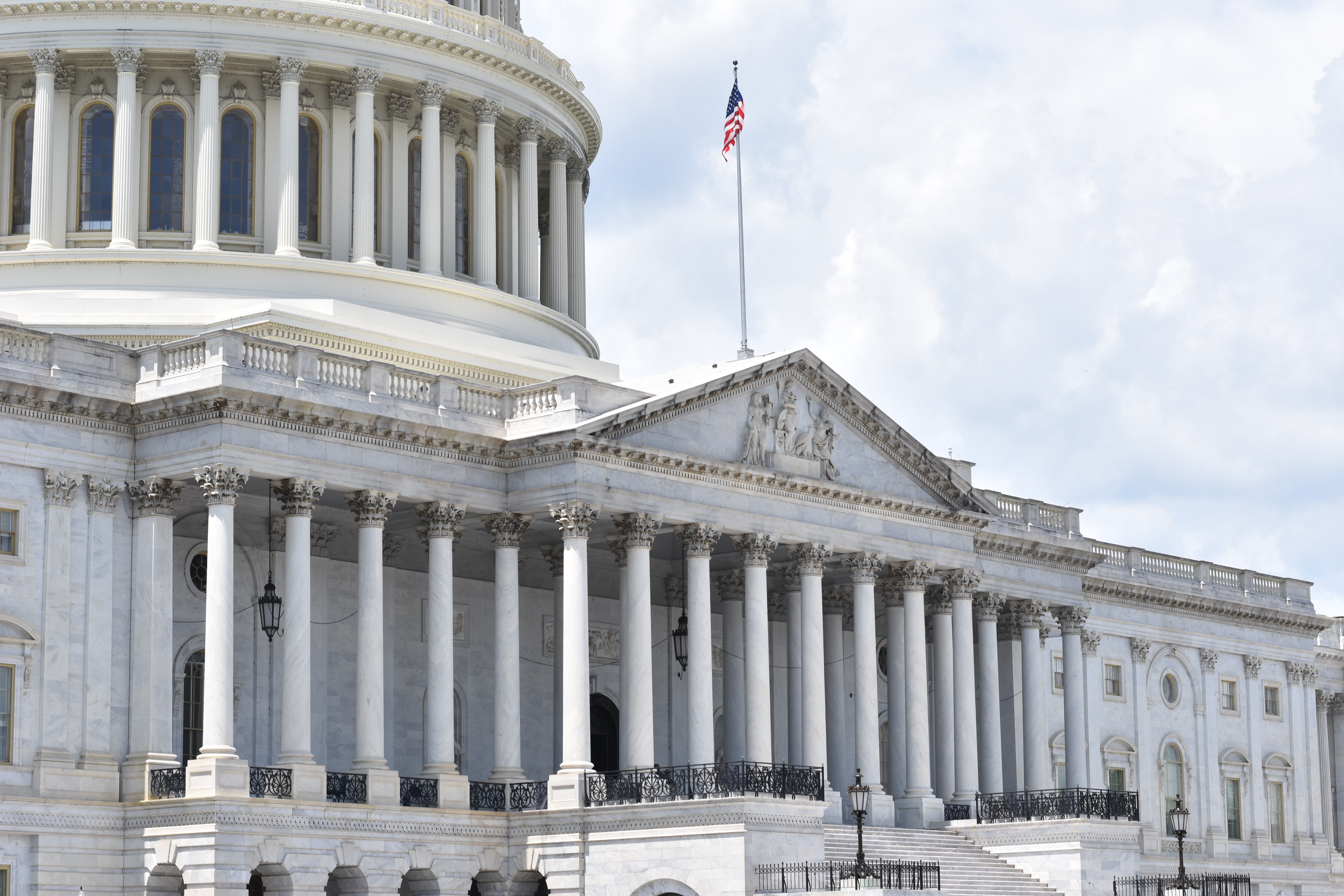News and Updates
Category: White Collar Exemption
Federal Court Vacates 2024 Overtime Rule
Toward the end of 2023, we advised our readers that changes would be coming to the FLSA white-collar overtime exemption threshold. The first change took place in July 2024, raising the minimum salary for overtime exempt employees from $35,568 to $43,888. Employers scrambled, crunched numbers, and made the necessary adjustments to comply with this new legislation. The plan was to raise that minimum salary again in January of 2025 to $58,656. Many employers had already made arrangements to be compliant with the new figure as of 1/1/25. However, on November 15, 2024, a federal court in Texas issued a decision vacating the ruling, which reverts the minimum salary threshold to $35,568. We’ve received a lot of questions on this, so we want to clarify – this change applies to employers nationwide. Regardless of the state the hearing may occur in, it is still a federal court and a federal judge. The court stated in their lengthy opinion on the matter that the Department of Labor (DOL) had overstepped their authority in determining the amounts of these increases. This essentially kicks it back to the DOL to rethink their rule. DOL may choose to appeal this ruling, and we will keep you updated on any changes. As for now, the increase planned for January 1, 2025 will not take effect. If you have questions or concerns about how these changes may impact your company, don’t hesitate to reach out to your team at
March 2023 Legal Update
NLRB Rules Severance Can’t Be Contingent on NDA In the realm of HR, both severance pay and non-disclosure agreements (NDAs) are subjects that come up often. Employers are permitted utilize both - but they can’t be mutually exclusive, according to a recent ruling by the National Labor Relations Board (NLRB) in McLaren Macomb. Employers tying NDAs to severance packages may need to make some adjustments. Offering severance in exchange for sweeping confidentiality and non-disparagement clauses that silence former employees will now be considered a violation of federal labor law. NLRB determined on 2/22/23 that the practice specifically violates sections 7 and 8 of the NLRB Act. The 3-1 decision comes after a Michigan employer laid off 11 employees when businesses closed early in the COVID-19 pandemic. The company required such agreements to be signed as a condition of being offered a severance package. This ruling overturns two previous decisions made within the last decade that allowed employers to continue utilizing these tactics. NLRB said in their decision that an agreement of this type is “unlawful if it precludes an employee from assisting coworkers with issues concerning their employer, and from communicating with others, including a union, and the Board, about his employment.” All US employers are subject to NLRB policies, with the exception of the railroad and airline industries. The window for an appeal is still open, but


